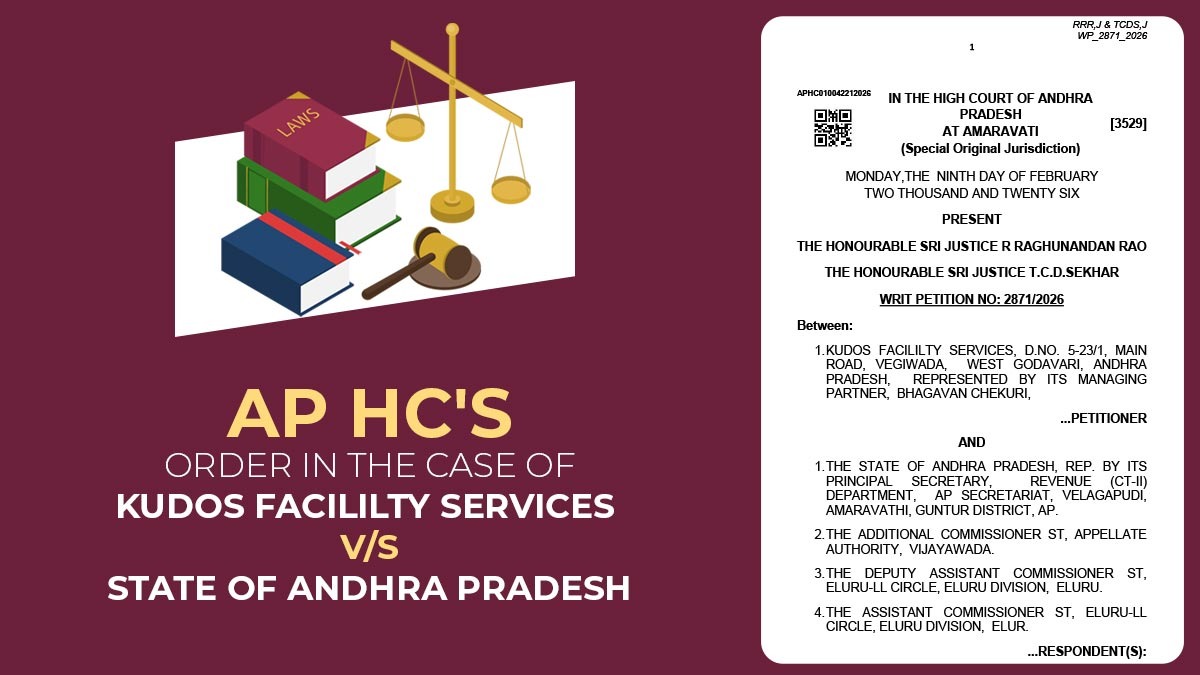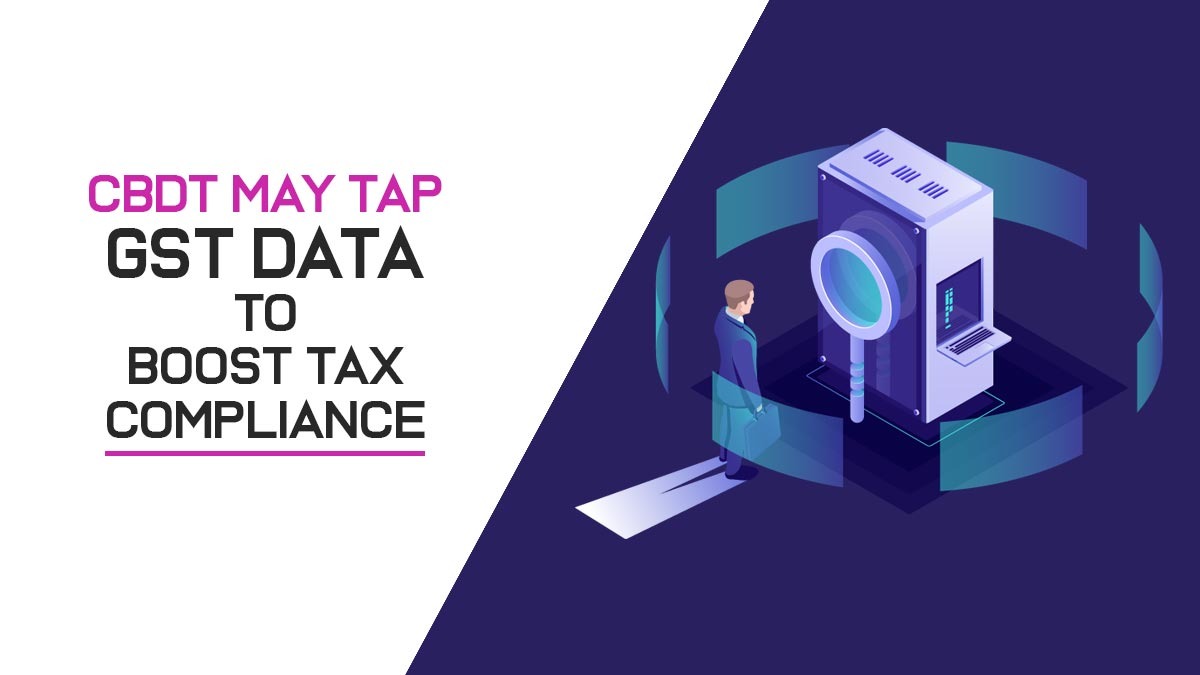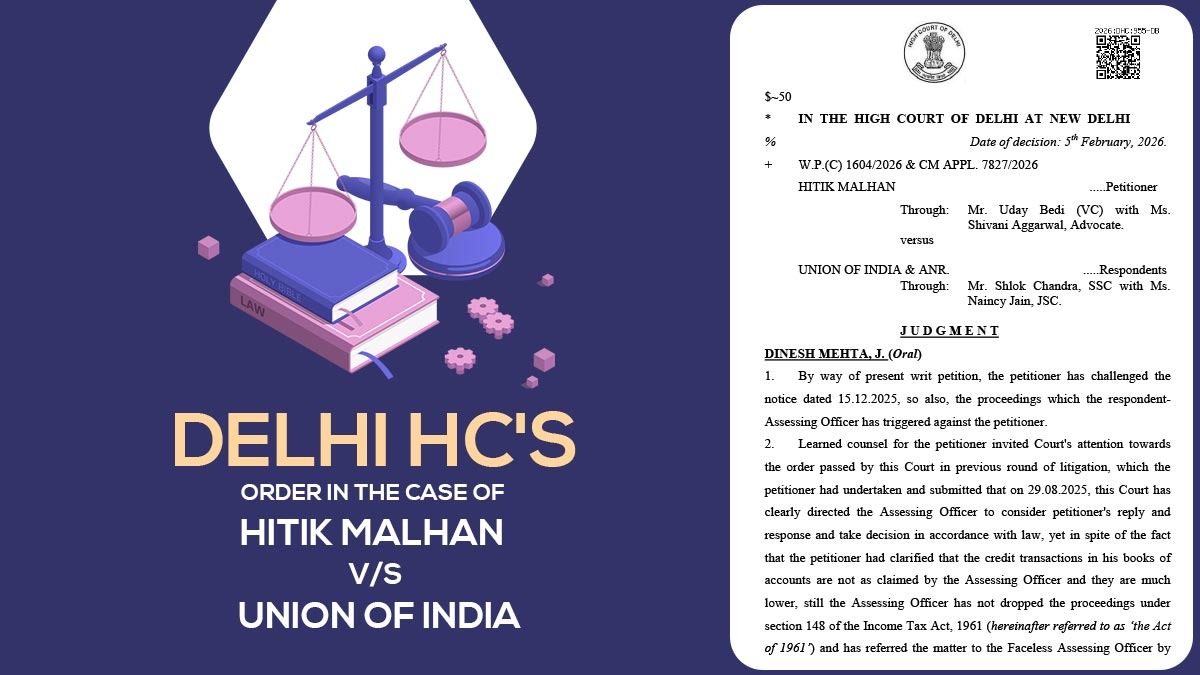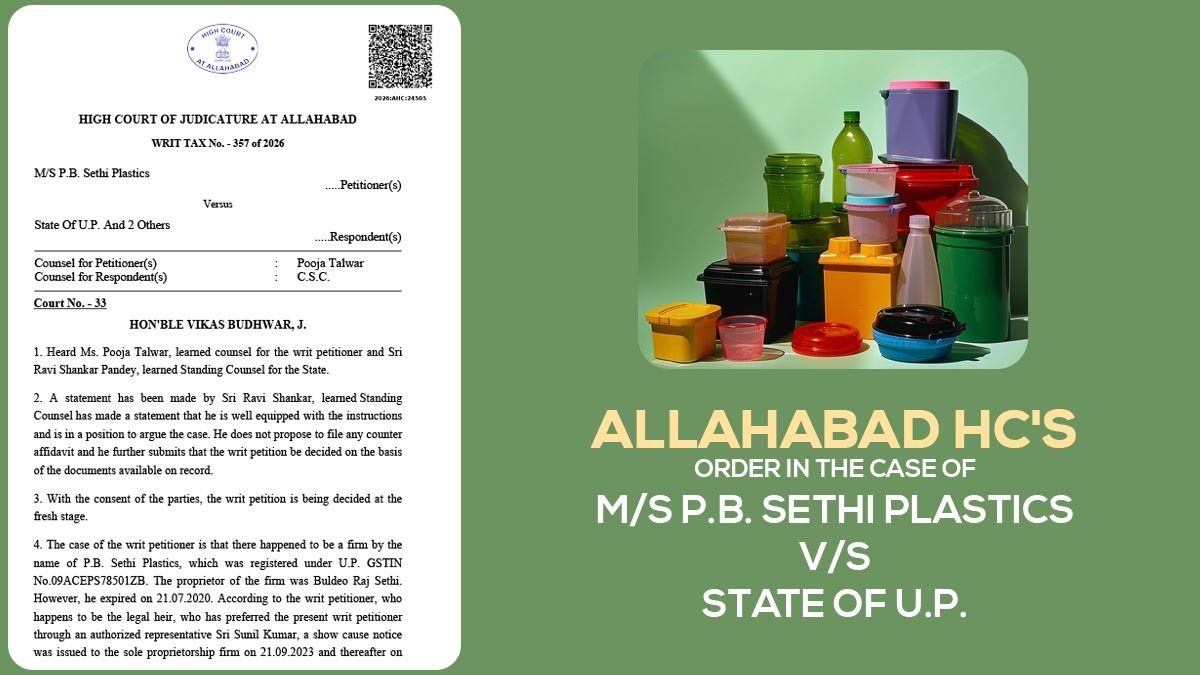
Various government officials also gave numerous speech and assurance to bring uniformity and neutrality in the country by imposing the GST. While the current debate is raising with many odd questions and doubts within the industrial streets, the latest news in this same phenomena came out from the E-commerce firms.
Yes, we all avail the smooth flow of services from the E-commerce companies which are now upcoming with various new to concept ideas to bring easy going trade facilities to each and every individual. But the companies who are enjoying this super attentions was also seen saving themselves from the GST implications and TAX levy.
Recently, at the meeting of India Inc, which is all concerned for this Bill received an immediate and some reason sufficed plea from all the big players in the online retailing, for relieving them from the boundary of GST bill.
The online retail community was seen pleading for excluding them from paying the GST bill, as a justification the fraternity said that they are just a service providers to the vendors and are only liable to pay the tax incurred on service income.
After the valuation, some of the prominent online retailers came to be a billion dollars of worth, on which the community explained that the income comes from the advertisement and also claimed that they pay equal taxes on all the income which they incur.
On the other hand, the fixation of tax rate has also occupied the minds of high dignitaries, in CII as well as Ficci as the question was also stepped up in the parliament sessions. On the issue of taxation rate, Naushad Forbes, CII president also said that “We believe a maximum rate of 18 percent as the standard rate will be revenue neutral and ensure adequate tax buoyancy. Also, the Centre has agreed to a full 5-year compensation for revenue loss to states. So, 18 percent rate will be more than adequate.”
He also added that “CII has committed to April 1 deadline and will do “everything we can to ensure we stick to the deadline”. “If we work towards that deadline and have clarity on some of the provisions as early as possible, we can ensure our own IT systems are put in place quickly so that we can go live as early as possible,”
On the other topic, Assocham is working over the penal and prosecution provisions over the tax frauds and nondeposits of tax. The officials clearly stated that in the case of such wrong doings, the governing council would be taking the matter towards arrest and prosecutions in heavy.
The industry chamber was discussing the single centralized registration platform for all the traders in spite of different multi-state registrations.
With all these, Forbes was also saying, “The states recognized very much that certain services like telecom come under the central scheme. Under the current draft, you would need to register in each state which would make it very very cumbersome,”
Nasscom also represented the fact that these online players are creating buzz into the market and also providing a long list of job opportunities and making a platform for all the small vendors to sell their products.
This fact states that e-commerce increases competition by which it cannot be avoided to put it into the tax bracket. And the depressing point arises that e-commerce industry generates millions of dollars from public and pays no tax thus weakening the structure of any economy it operates within.
While the Mitra stated that, “consumers buying products online pay VAT, the producer pays excise duty but these companies go untaxed on the pretext that the transaction is just a pass-through.”
“E-commerce brings in competition, but you are also adding some value. Else how are your companies generating so much valuation?” Mitra fired this question strictly
He was also amazed to see that how an intermediary won’t be coming in the GST if it is making money even its end products are liable for taxes.
This model draft GST law brought e-commerce under the analyzing of how GST should be imposed on this industry with some accurate applicability. One should know that there is a 10 percent of applicable tax on goods sold online in the states like Bihar, Assam, Uttarakhand which has given an example of how to take actions towards these tax flaws from the new industry.









